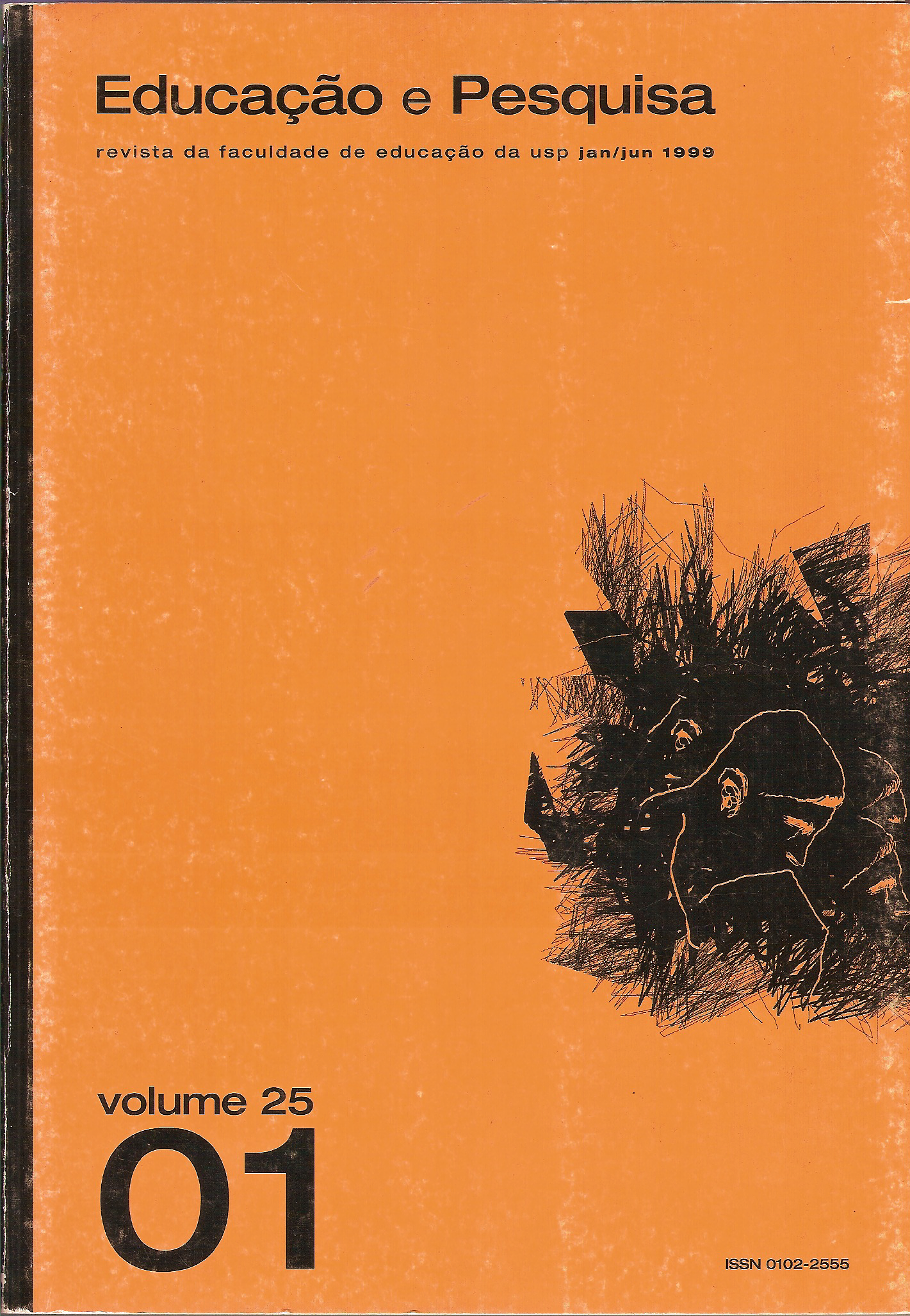Exclusion: problematizing the concept
DOI:
https://doi.org/10.1590/S1517-97021999000100004Keywords:
Exclusion, Popular Social Movements, EducationAbstract
This work results from questions raised by the research project "Pedagogy of Hope in Popular Social Movements: Perspectives for work, politics and education envisaged by Movimento dos Sem Terra - MST (Movement of Landless People)"carried out by the Federal University of Rio Grande do Sul. In this paper the use of the category exclusion is problematized with the purpose of assessing its potential to identify the ability of the popular social movements to break with processes of social exclusion and to find alternatives for work, social relationships and education. Two possible uses of this category are the one made by Marx when retracing the genesis of the capital versus work relationship, and the exposure of poverty and intolerance as the ingredients of the "new social issue". The culturalist bias, the affiliation to the sociology of Durkheim and the conceptual vagueness, however, set limits to the category which thereby can not reach an understanding of poverty and unemployment as produced by the class struggle. Therefore, it can not apprehend popular social movements as producers of collective alternatives for work, society and education.Downloads
Download data is not yet available.
Downloads
Published
1999-06-01
Issue
Section
Articles
License
Authors assume exclusive responsibility for the concepts expressed in their articles, which do not necessarily reflect the journal’s opinion.
Permission to photocopy all or part of the material published in the journal is granted provided that the original source of publication be assigned.
How to Cite
Exclusion: problematizing the concept . (1999). Educação E Pesquisa, 25(1), 35-49. https://doi.org/10.1590/S1517-97021999000100004



